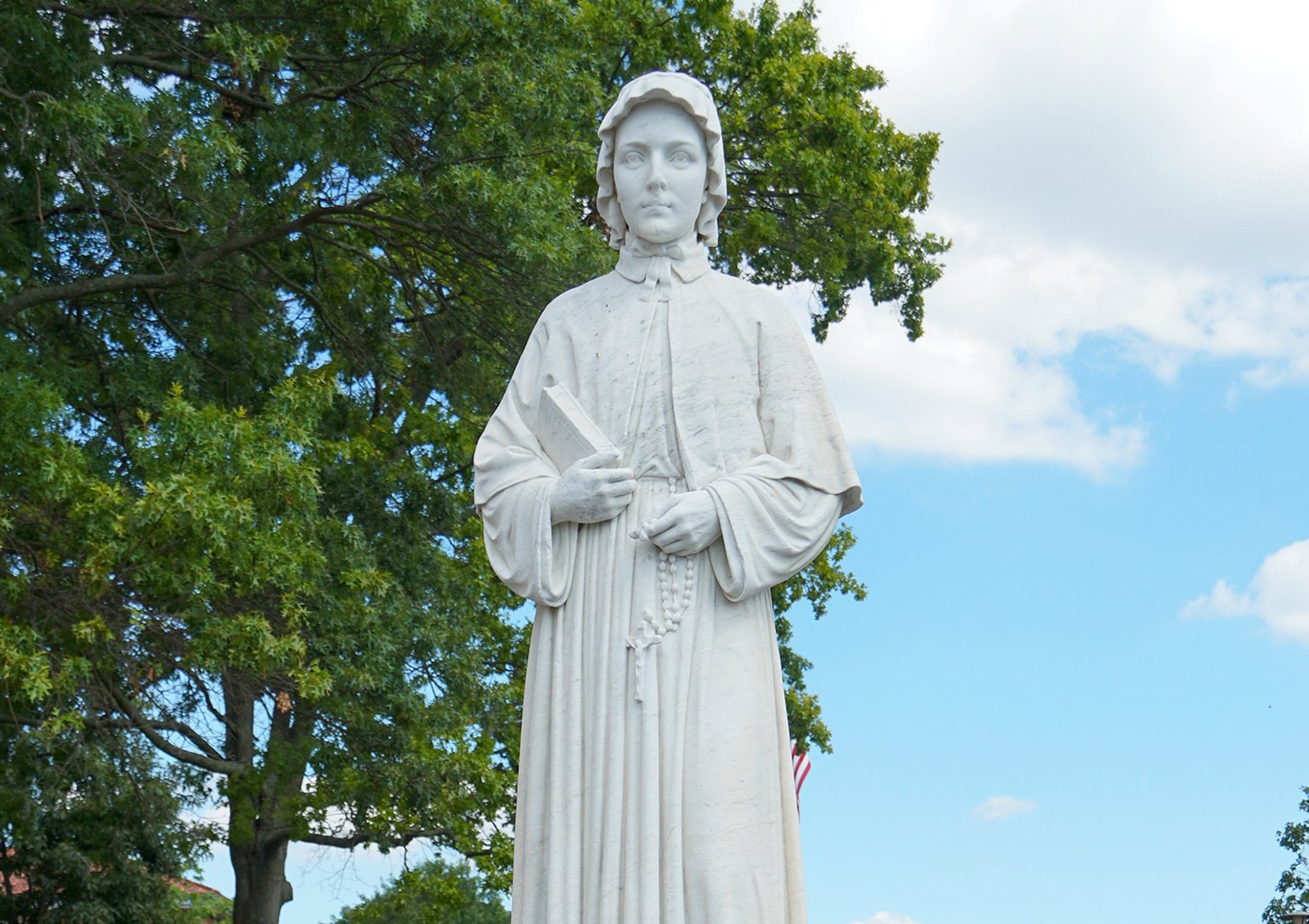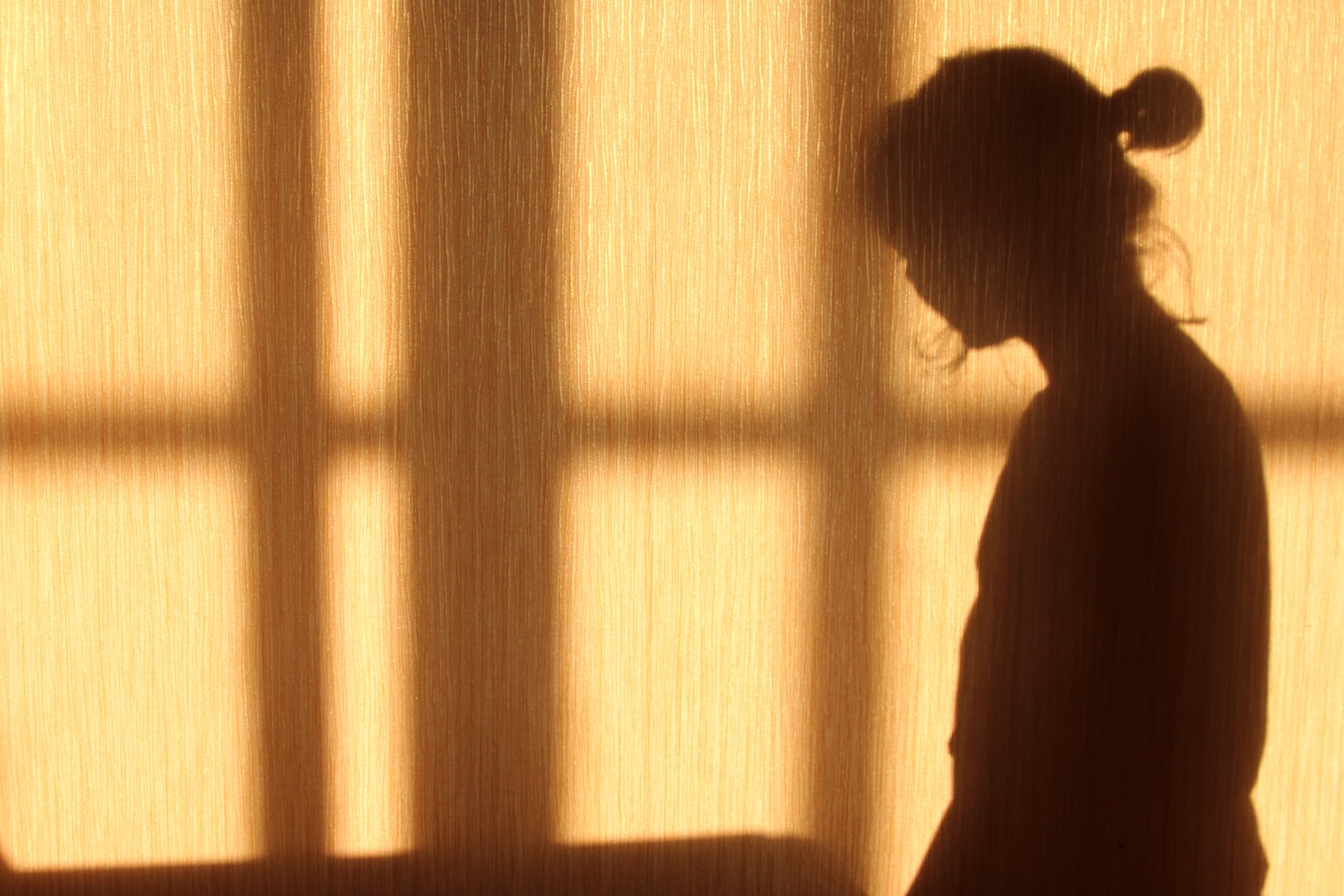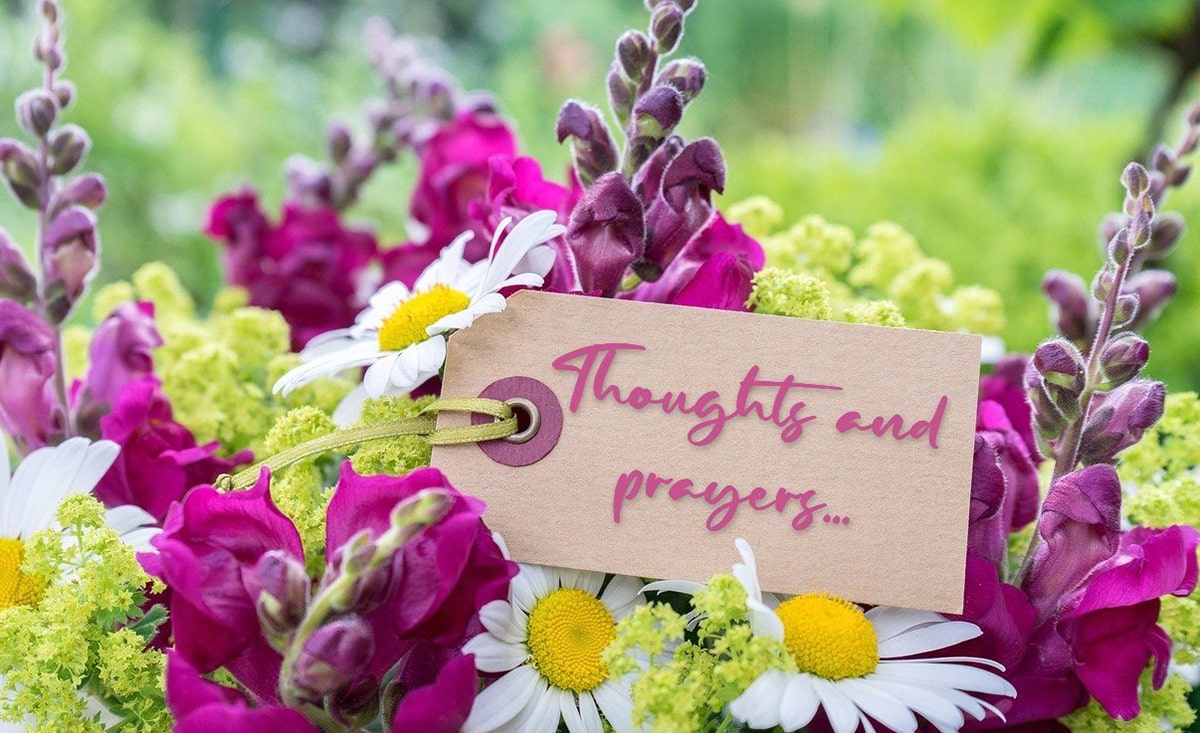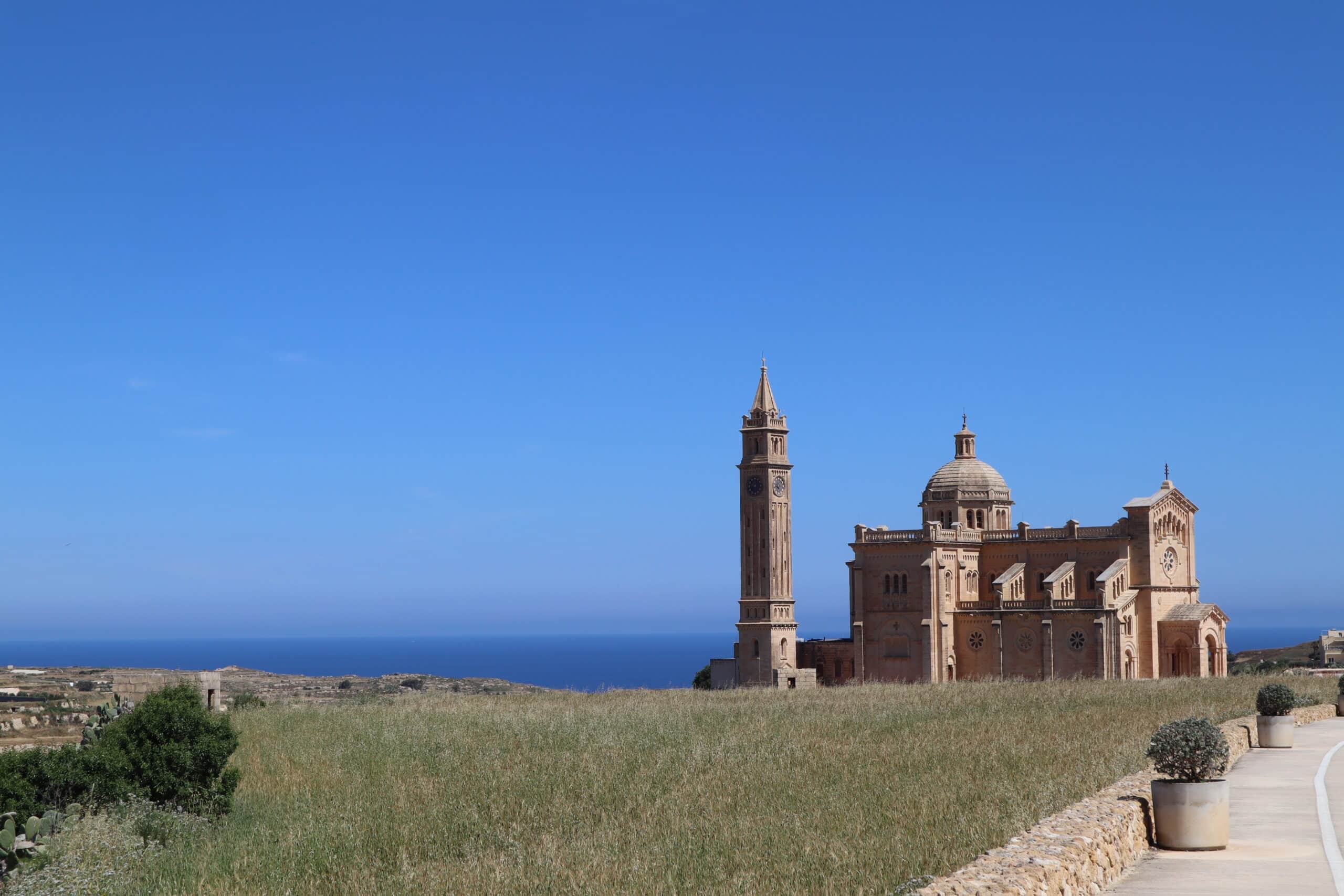On June 29, 2023, the Supreme Court ruled unanimously in favor of protecting religious accommodations in the workplace. The decision was a momentous victory for religious liberty and one that well deserves further consideration beyond the passing headlines of the news cycle, because in the hustle and bustle of modern life, it’s all too easy to forget the importance of Sunday. As faithful Catholics, we are blessed with the gift of the Sabbath, a sacred day set apart by God for rest, worship and renewal.
In 2012, Gerald Groff, the petitioner in Groff v. DeJoy, accepted a position as a mail carrier with the U.S. Postal Service. Initially, the role that Groff, an evangelical Christian, performed did not require Sunday work; however, this changed when USPS entered into an agreement to facilitate Sunday deliveries for Amazon.
Faced with the prospect of rotating Sunday shifts, Groff opted to transfer to a rural USPS station that did not handle Sunday deliveries. When Amazon deliveries began to be handled out of this station as well, Groff continued to be unwilling to work on Sundays. Consequently, USPS reassigned Groff’s Sunday deliveries to other staff members. As a result of his refusal to work on Sundays, however, Groff faced disciplinary action in the form of “progressive discipline,” eventually leading to his resignation. With the Supreme Court’s ruling, Groff’s right to abstain from work on Sunday was protected. And the Court’s decision invites every Christian to ask whether or not we really take Sunday seriously.
For Catholics, Sunday Mass, the representation of the Son’s offering to the Father, is the heart of religious expression. In the Eucharist, Christ gives himself to and for us. Pope Francis says, “We Christians go to Sunday Mass to encounter the risen Lord, or better still to allow ourselves to be encountered by him, to hear his word, to nourish ourselves at his table, and thus to become the Church, that is, his mystical living Body in the world.” The Eucharist makes Sunday. What is Sunday without the Eucharist, apart from just another day of the week?
In a meditation on the nature of worship in the City of God, St. Augustine writes that attachment to God means that “we tend toward Him by love, that we may rest in Him, and find our blessedness by attaining that end.” Worship is the way in which we are reoriented to God. Sunday Mass gives us the chance to set our priorities straight. At Mass we align our hearts and minds to God, freeing ourselves from everything that is not worthy of our love.
“It is good that today, in many cultures, Sunday is a free day, and is often combined with Saturday so as to constitute a ‘week-end’ of free time. Yet this free time is empty if God is not present,” says Pope Benedict XVI. Only Jesus can free us from the chains and sorrows that bind us. Only Christ can give us the strength we need to pursue the things of heaven even as we continue to bear the hardships and trials of this life.
Sunday Mass is the heart of our Sunday observance, but it is not the only thing. On Sunday, we must also find ways to rest from work. This cannot simply mean resting from a job. It means resting from all unnecessary busyness. Sunday should not just be a day to finish lingering work from the previous week or catch up on chores around the house. It is not enough to give God one hour at Mass; Sunday must belong totally to him.
What are we to do, then, with our Sunday time? It should be considered a sacrifice to him. Like a holocaust, it should be offered up, handed over, freely given to God and God alone. We can make that offering of time by pursuing activity which is truly restorative. Why not make an additional Holy Hour, listen to a Catholic podcast, watch a biopic on a saint or visit a monastery for evening vespers? Sunday affords us the chance to escape the demands of our daily routines, allowing us to immerse ourselves in prayer, Scripture and investing in our own spiritual growth.
In our rapidly advancing world, technology and societal pressures have blurred the lines between work and leisure. Many among us find ourselves constantly plugged in, unable to disconnect from the demands of our occupations. To keep the anxieties of modern life at bay, we can spend the Lord’s Day reading books, listening to music, visiting art museums and going for walks. In short, we ought to undertake freely any sort of activity which engenders contemplation and truly nourishes the soul.
Sunday should also be a day for nurturing relationships. Our relationship with God is first, but then follows our relationships with our families and friends. Sunday dinner with those we love should be a staple of regular living. Respecting the Sabbath is not only an individual pursuit but a communal responsibility. As members of the Catholic Church, we are called to encourage and support one another in our commitment to keeping the Sabbath holy.
In a world that often values productivity above all else, honoring the Sabbath becomes a powerful act of countercultural witness. By embracing this day of rest, we testify to the world that our faith places God at the center of our lives and that we trust in his providence to sustain us. It is through this testimony that we become beacons of light, inspiring others to pause, reflect and discover the profound blessings found in observing the Sabbath.







